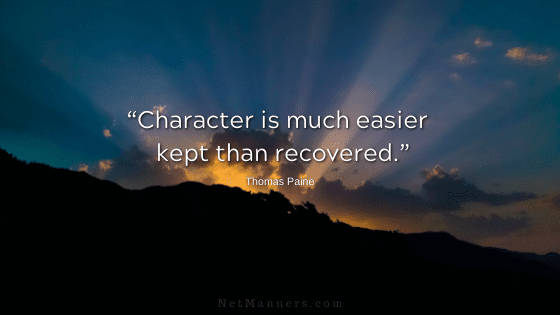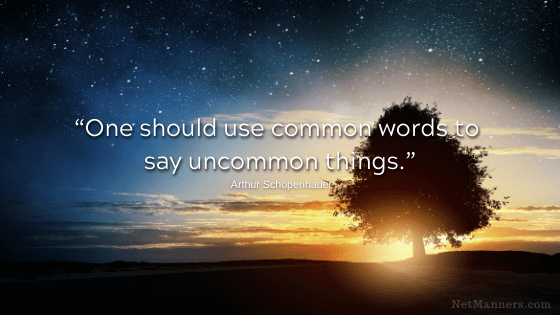Quick Tip = Use Discretion in Your Emails

I have received several emails requesting my advice and assistance on how to avoid email misunderstandings. That’s an easy one — use more discretion.
While Email Etiquette is a list of suggested guidelines, that when applied, can help you do just that. Email Etiquette makes your email communications more effective and enjoyable.
But only if you actively implement those guidelines. Which includes using your discretion.
Discretion requires thinking things out — before reacting. Something that appears to be difficult for some.
With 30 years of online experience and a history of emailing more than most, it is clear, just as in the offline world, that you cannot control others’ behavior. If they don’t use discretion that’s on them. But you do not need to behave in kind.
All we can control is our behavior and what we do or do not do. That’s discretion in a nutshell.
What is the definition of discretion?
Discretionary Fails
Consequently, based on the above, it is clear how much discretion can be applied to your day-to-day email communications. Just a few examples of not using discretion properly:
How to Use Your Discretion
When it comes to discretion, I believe that those who fail to use their discretionary powers sadly may reap negative consequences. That’s on them and out of your control.
So, what can you do to use your power of discretion more effectively?
We could all probably use a little more discretion in our lives. Applying it to email is a great way to avoid misunderstandings and build on relationships. Using discretion in your email communications is important to not being misunderstood and being viewed as a courteous communicator.







